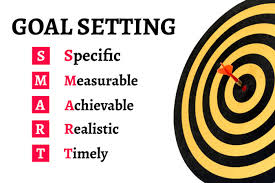What is an Exercise Physiologist?
Exercise Physiologists are university qualified allied health professionals who are equipped with the knowledge and skills to deliver safe and effective exercise interventions for people with a wide range of conditions and illnesses.
EPs are trained to prescribe exercise for people with musculoskeletal injuries, chronic illness and conditions and disabilities. If there is evidence that exercise can improve a clinical status, an EP can treat you!
EPs are nationally accredited and work closely with GPs, physiotherapists and other health professionals to make sure you get the patient centred care you deserve.
What can an Exercise Physiologist do for you?
An Exercise Physiologist can work with you to improve your quality of life from building strength, to improving balance. EPs can help you with injuries, chronic disease and illness or even if you’re just trying to live a healthier, more active life.
What to expect from your Initial session?
An initial session will consist of various assessments evaluating your medical history, exercise history and your physical function. An EP will then help you set SMART goals to outline the steps you need to take to address your specific health concerns. Wear clothes you’re comfortable moving in, bring water and get your health on track today!
Are you setting SMART goals this year?

Setting goals can be tricky, especially if you are not sure what you should be aiming for. You need to consider what is important to you and what will have a positive impact on your physical, mental and overall well-being. Once you have identified these important areas it’s time to make SMART goals.
Specific: What, when, where, why, how? The more specific, the better. Really think about what it is you’re trying to achieve and what you can do to get there.
Measurable: Are you able to monitor progress? Think quantity/time.
Achievable: Is your goal realistic and accomplishable with the steps you have outlined?
Realistic: Is your goal relevant to you? If it is not something you are interested and invested in, the chances of you sticking to your plan are significantly reduced.
Time: Set a timeframe. What is your end date?
Are you trying to have a more active, healthy lifestyle? What goals can you set to help you achieve this goal? Are you walking 10,000 steps a day, going for a bike ride three days a week, or joining a weekly Pilates class?
Exercise Physiologists are educated to help you set SMART goals to achieve your health goals. If you need some help setting health, fitness and exercise goals make an appointment with one of our EPs!
